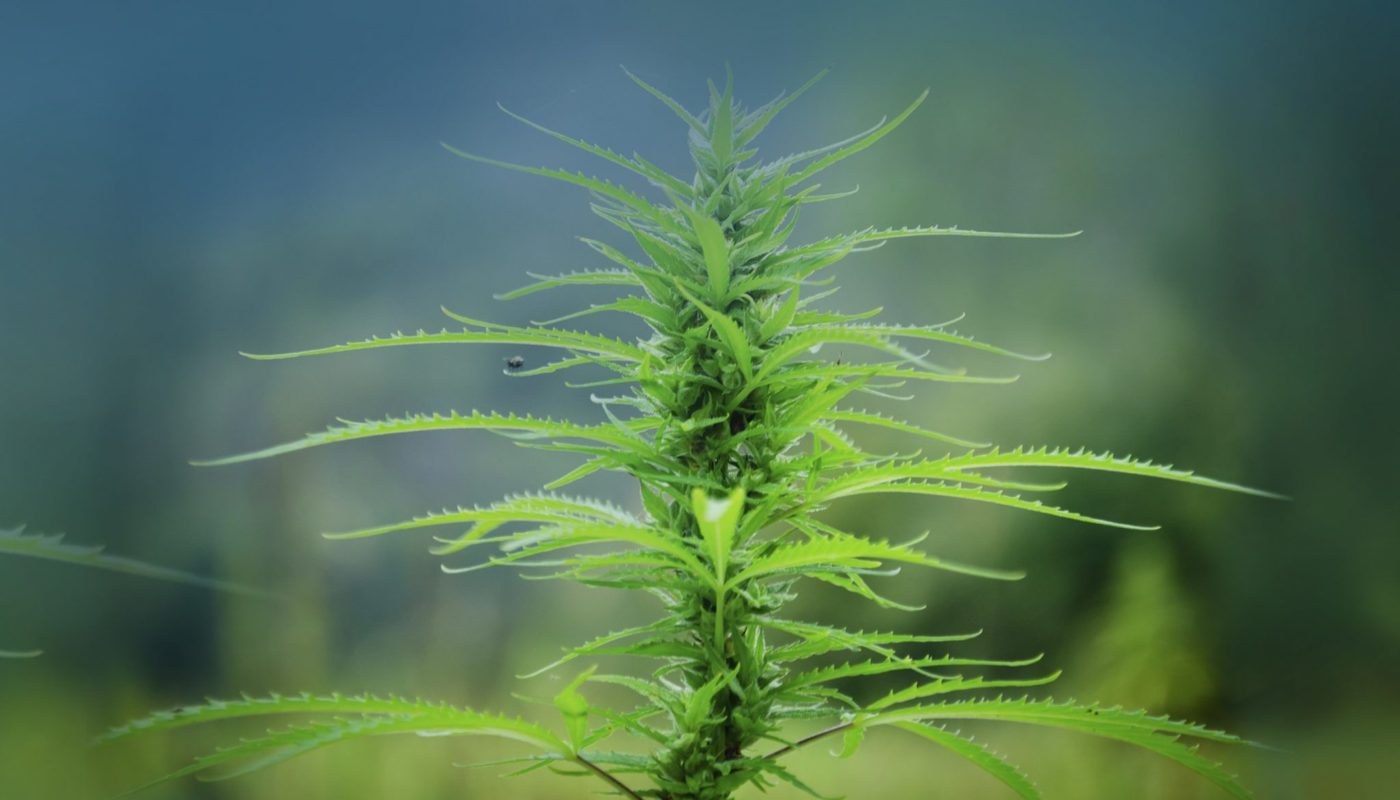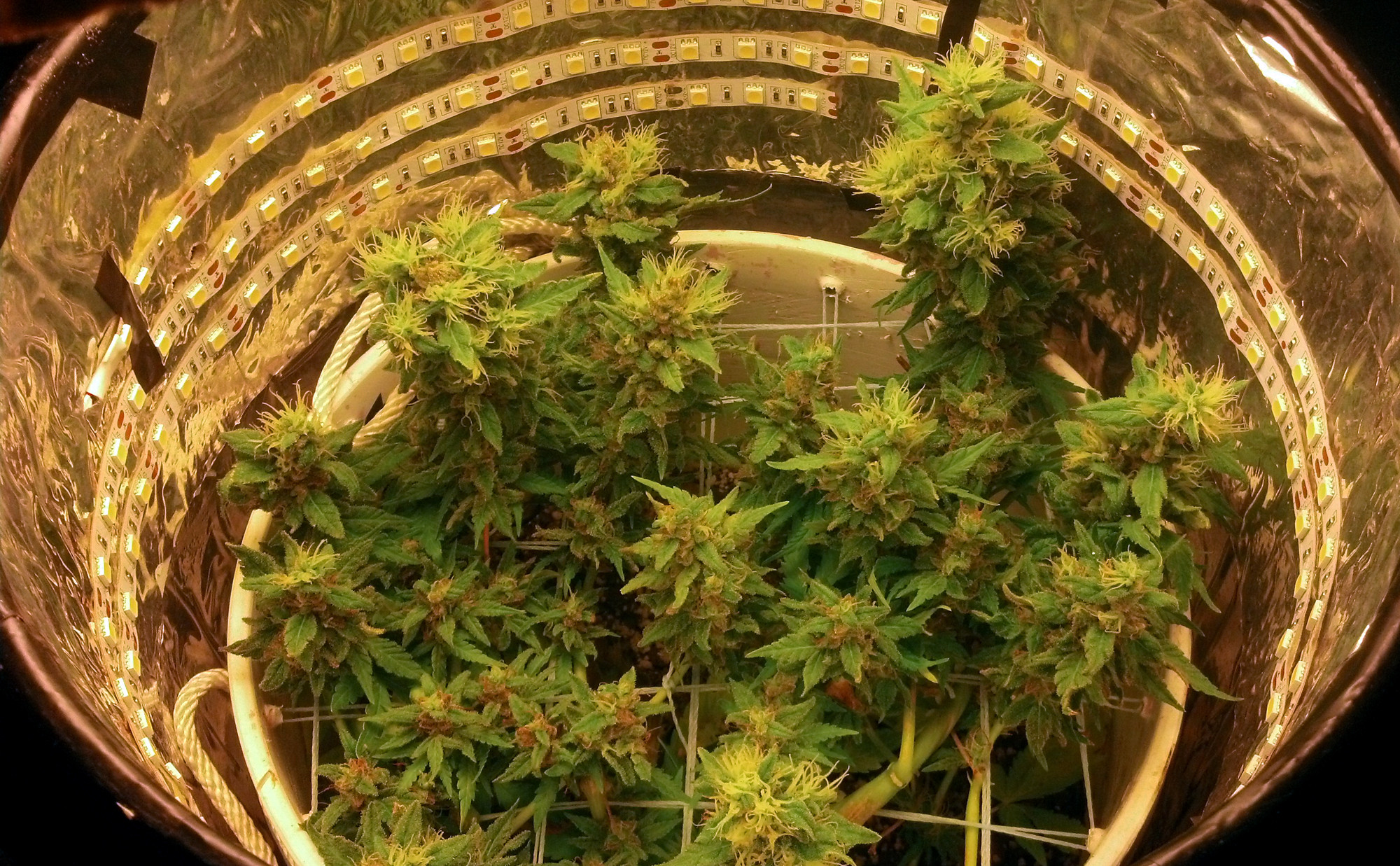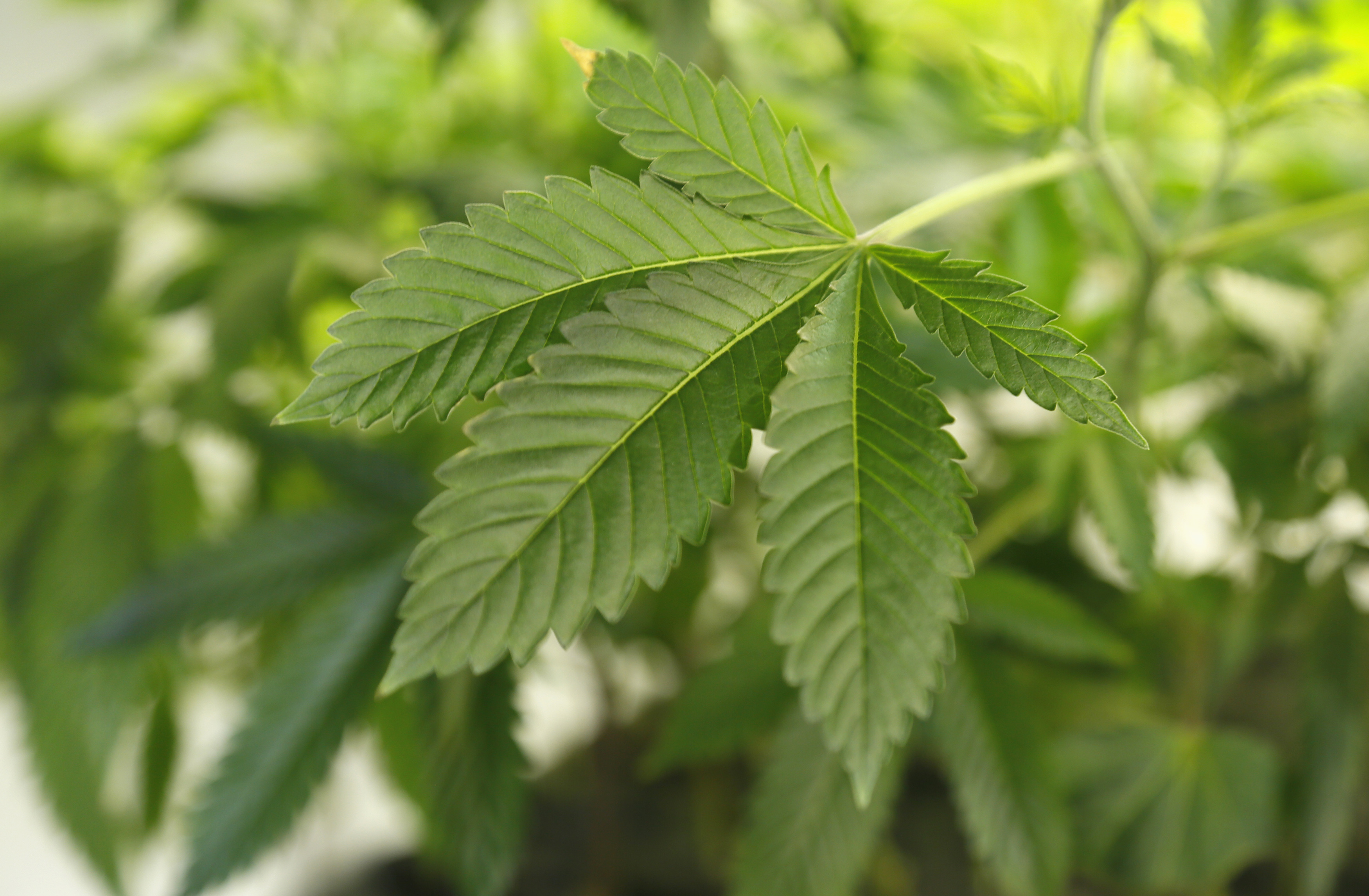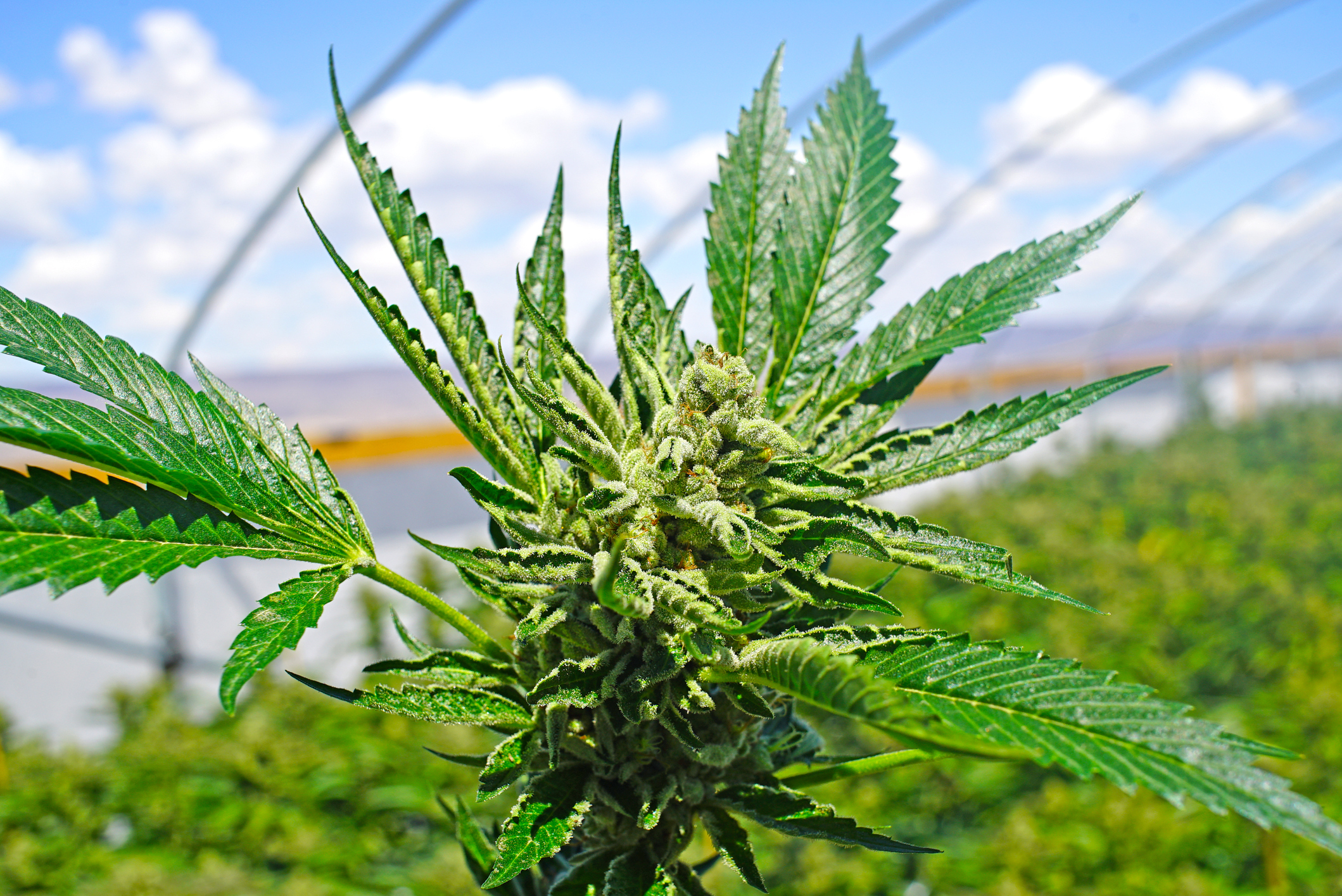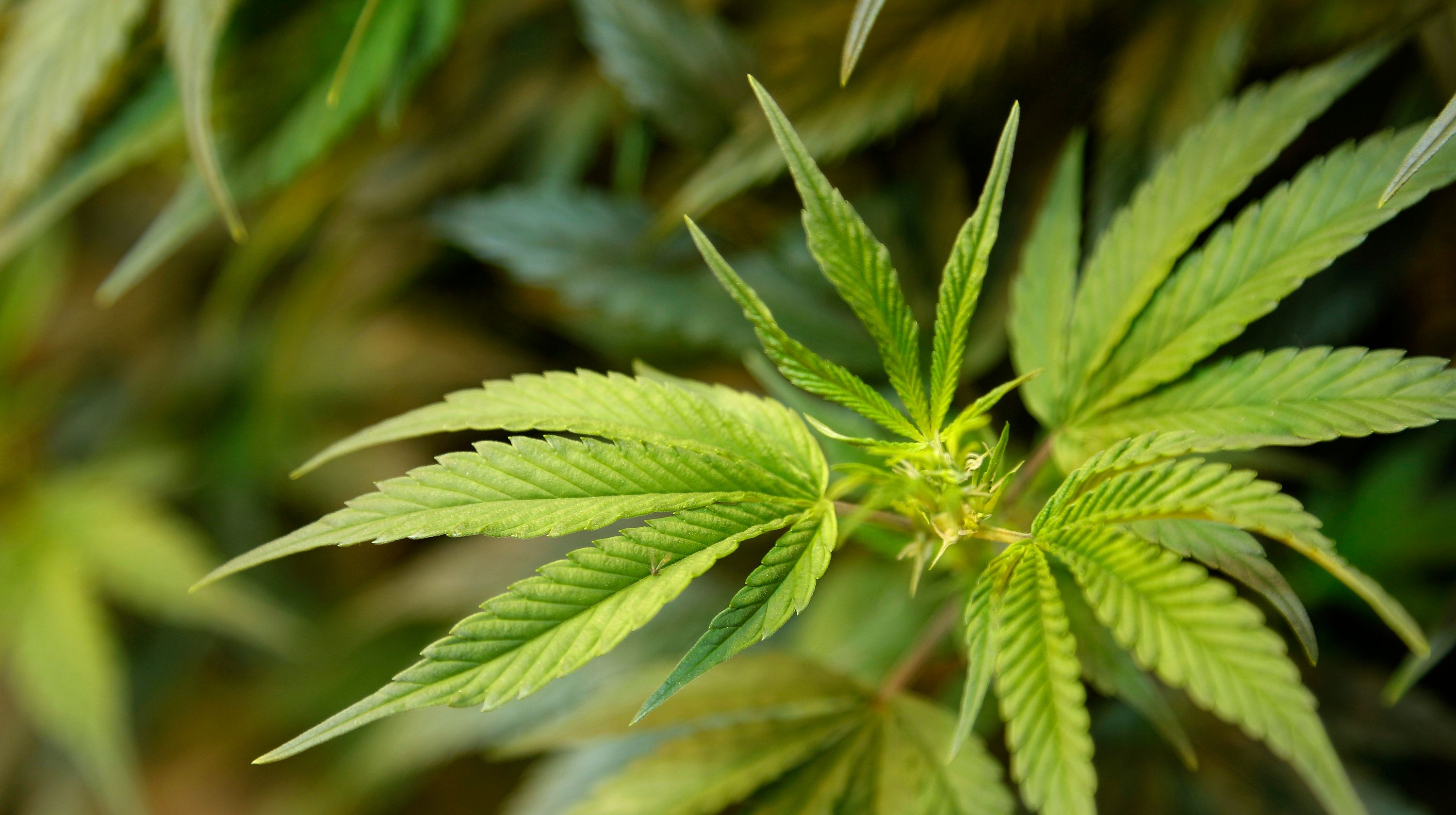Update: A hearing was held for S. 1152 on June 8th.
Update: A bipartisan group of 9 Senators introduced a Senate version of the SAFE Banking Act (S. 1152) on May 18.
A bipartisan coalition of more than two dozen co-sponsors have introduced legislation in Congress, The Secure and Fair Enforcement Banking Act (SAFE Banking Act), HR 2215, to allow state-licensed marijuana-related businesses to engage freely in relationships with banks and other financial institutions.
If enacted, banks would no longer face the threat of federal sanction for working with marijuana-related businesses and entrepreneurs.
Currently, hundreds of licensed and regulated businesses do not have access to the banking industry and are unable to accept credit cards, deposit revenues, or write checks to meet payroll or pay taxes. This situation is untenable. No industry can operate safely, transparently, or effectively without access to banks or other financial institutions. Congress must move to change federal policy so that these growing number of state-compliant businesses, and their consumers, may operate in a manner that is similar to other legal commercial entities.
“With the majority of states now allowing for some form of recreational or medical marijuana, we have reached a tipping point on this issue and it’s time for Congress to act,” says Rep. Ed Perlmutter of Colorado, one of the bill’s lead sponsors.. “Allowing tightly regulated marijuana businesses the ability to access the banking system will help reduce the threat of crime, robbery and assault in our communities and keep the cash out of cartels.”
Please use the pre-written letter below to urge your member of Congress to support The SAFE Banking Act.


